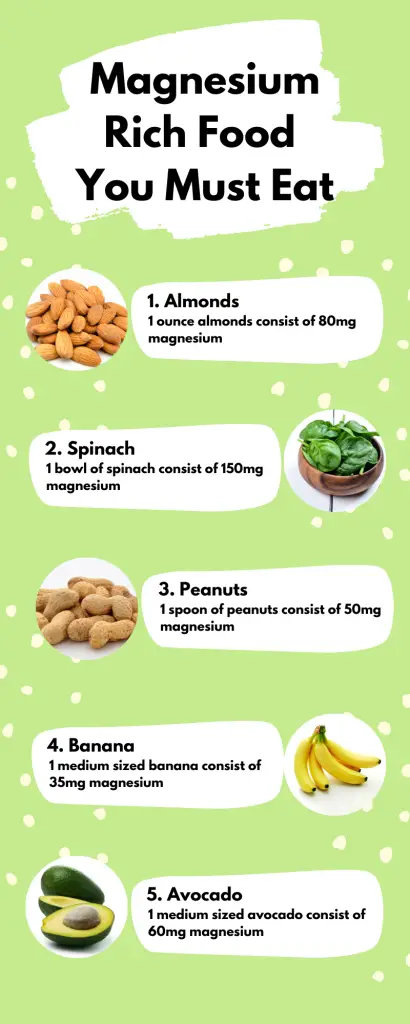Proton Pump Inhibitor-Induced Hypomagnesemia
The Federal Drug Administration has issued a warning about proton pump inhibitors and the risk of low magnesium Proton pump inhibitors are a major cause of low magnesium. Proton pump inhibitors or PPIs were developed almost 27 years ago.
Proton pump inhibitors are now considered the “gold standard” of treatment for the majority of gastrointestinal disorders. There are 6 PPIs approved by the FDA. These include:
| Drug | Dosages, mg | IV | Liquid or suspension | Generic | Over-the-counter |
|---|---|---|---|---|---|
| Omeprazole | 10, 20, 40 | Yes | No | Yes | Yes |
| Esomeprazole | 20, 40 | Yes | Yes | Yes | Yes |
| Lansoprazole | 15, 30 | Yes | Yes | Yes | Yes |
| Dexlansoprazole | 30, 60 | No | No | No | No |
| Pantoprazole | 20, 40 | Yes | Yes | Yes | No |
| Rabeprazole | 20 | No | No | Yes | No |

Acid Reflux and Proton Pump Inhibitors
According to the Federal Drug Administration, “ The U.S. Food and Drug Administration (FDA) is informing the public that prescription proton pump inhibitor (PPI) drugs may cause low serum magnesium levels (hypomagnesemia) if taken for prolonged periods of time (in most cases, longer than one year).
In approximately one-quarter of the cases reviewed, magnesium supplementation alone did not improve low serum magnesium levels and the PPI had to be discontinued.””
Proton Pump Inhibitors are prescribed for the following gastrointestinal conditions:
- Peptic ulcer disease
- GERD
- Esophagitis
- Prevention of NSAID ulcers
- Functional acid reflux
- PPIs are part of the treatment for Helicobacter pylori
How Do PPIs Work

A Risk for Mineral Deficiencies
Over 100 million prescriptions were written for proton pump inhibitors in 2015. These prescriptions cost around 10 billion dollars per year in the United States. Almost 80% of PPIs are bought without a prescription.
Often time, people are taking proton pump inhibitors without any indications of a gastrointestinal diagnosis.
Children are also being prescribed proton pump inhibitors at an alarming pace. Four million prescriptions for proton pump inhibitors were written for children in 2015. These are in addition to the number of over the counter sales.
Alternative Treatment for Acid Reflux
If you’re sick of your esophagus feeling like it’s on fire … if you are tired of the bitter taste of stomach acid and bile … if you’re fed up with trying to sleep propped up on a mound of pillows, try this product: Click Here!
The best way to heal acid reflux is holistically. Untreated acid reflux can lead to cancer and erosion of the esophagus. This product heals acid reflux naturally. Click Here!
Proton Pump Inhibitors Linked to Heart Disease
The use of proton pump inhibitors and low magnesium is a very serious health concern. Considering heart disease is at an all-time high, doctors need to be cautious about prescribing proton pump inhibitors. Proton pump inhibitors are designed to only be taken for 2-3 weeks. There are people who have been on PPIs for years.

Low Magnesium Symptoms
Proton pump inhibitors inhibit magnesium absorption by interfering with certain enzymatic processes. Low magnesium used with proton pump inhibitors can cause a wide range of symptoms.
- Muscle cramps and spasms
- Weakness and lethargy
- Tetany
- Loss of consciousness
- Anxiety and numbness
- Agitation and hallucination
- Low calcium and low potassium
- Ataxia
- EKG changes
Long-term use of proton pump inhibitors can cause severe electrolyte imbalance. When PPIs are discontinued, there is an improvement in the magnesium and calcium levels. Low magnesium has been associated with diabetes and kidney disease.
Proton pump inhibitors have also been associated with the wasting of vitamin B12, vitamin C, iron, and calcium.
- Vitamin B12 requires gastric acid to be absorbed. B12 deficiency affects more than 30% of the elderly.
- Vitamin C is depleted in PPI therapy because the vitamin is diluted in gastric juices. Proton pump inhibitors also decrease the active component of Vitamin C.
- Calcium can be depleted because calcium needs acid to distract the calcium from food.
- Iron needs acid to be absorbed.
- Magnesium is the main mineral that is affected. Proton pump inhibitors and low magnesium can cause a plethora of health problems. Some of these health problems can be remedied with the stoppage of PPIs and supplementing with magnesium. Even when people took magnesium with the PPIs, they still were not able to maintain their magnesium levels. Only when they were taken completely off of the PPIs did their magnesium levels start to increase.
Long-term use of PPI’s has been shown to increase your risk of esophageal cancer, according to a new study from Sweden.
Proton Pump Inhibitors and Low Magnesium
Conclusion
In conclusion, the use of proton pump inhibitors (PPIs) has been associated with a potential risk of low magnesium levels.
Proton pump inhibitors are commonly prescribed medications for managing conditions such as gastroesophageal reflux disease (GERD) and peptic ulcers.
While they effectively reduce stomach acid production, prolonged use of PPIs can interfere with the body’s ability to absorb magnesium, leading to low magnesium levels.
Low magnesium levels, also known as hypomagnesemia, can have significant implications for overall health.

Magnesium plays a crucial role in various bodily functions, including nerve function, muscle contraction, and maintaining a healthy heart rhythm.
Therefore, a deficiency in magnesium can lead to a range of symptoms such as muscle weakness, tremors, fatigue, and irregular heartbeat.
It is important for healthcare professionals to be aware of the potential risk of low magnesium associated with PPI use and monitor patients who are on long-term PPI therapy.
Regular monitoring of magnesium levels can help identify deficiencies early on and allow for appropriate interventions, such as magnesium supplementation or considering alternative treatments for acid-related conditions.
Furthermore, patients taking PPIs should be educated about the potential risks and advised to report any symptoms suggestive of low magnesium levels to their healthcare providers.
This proactive approach can help prevent complications associated with hypomagnesemia and ensure that patients receive the necessary support and interventions.
My name is Phyllis Robinson MSN, RN. I have been a Registered Nurse for 27 years in the Cardiac Intensive Care Unit. I am passionate about cardiac care and heart disease. I also want this blog to be an educational tool that people can refer to for traditional and alternative treatment. I will blog on heart disorders such as high blood pressure, congestive heart failure, cardiomyopathy, and high cholesterol.
I received my Nursing degree from Baltimore Community College.
I went on to receive my Masters in Nursing from Walden University
I have worked for almost 30 years in Critical Care with a focus on heart health. I am an advocate of preventive healthcare.


Thank you for posting this, I take PPI’s, not on regular basis, but I’m going to ask my doctor about this to see if there’s any alternative to take.
Great post about PPI. Learned the importance of magnesium for health. Thanks for sharing
Didn’t know that magnesium deficiency could lead to health problems. Thanks for raising awareness to such an important issue!
i take Rabeprazole maybe thats why i feel funky sometimes goona see my doc on mon and discuss thank you
Thank you for this article , I benefited from it so much